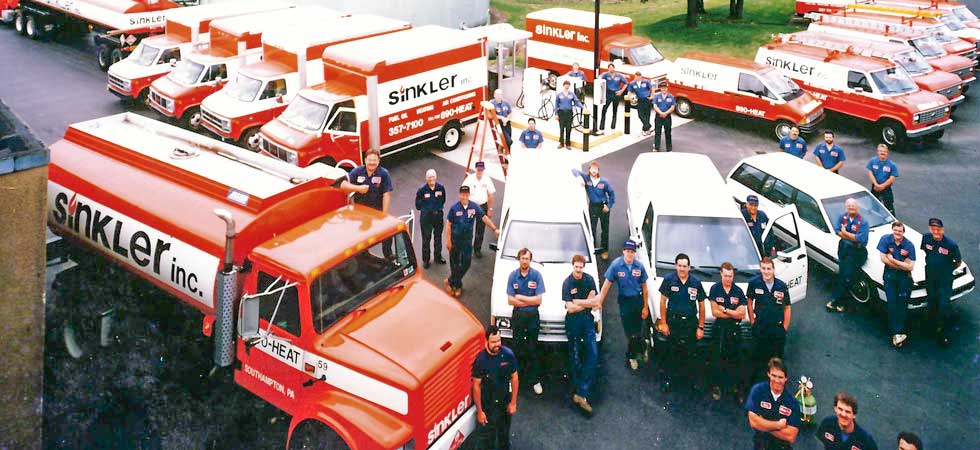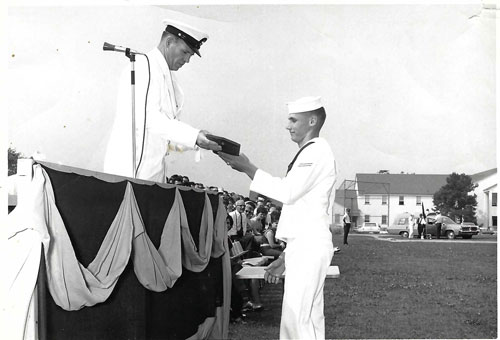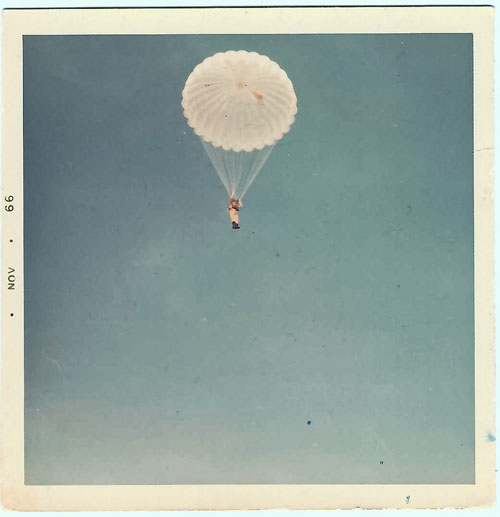
Editor's Note: In the previous installment of this ongoing series, we centered on the role U.S. military veterans serve in our industry’s workforce. Gerry Brien profiled Jason Grower, a former Navy pilot who is now a veteran ambassador to the propane industry, helping the same veteran job programs that first assisted him. Read more from the series at bpnews.com/veteran-workforce-series.
Every vet who chooses a civilian career has a story. I am writing this with my own experiences in mind — using my personal active-duty history from the mid-1960s, from my management experience as a business owner and especially as a consultant over the past few years.
For some background, I went off to college after high school, but due to a lack of maturity, interest and commitment, I left after my sophomore year. In those days we had the draft, so I was quickly reclassified and chose to enlist in the Navy rather than being drafted into the Army.
 My issue with that enlistment, though, was that I would get seasick standing on a dock. Right away, my thought process became, “If I’m going to be on a boat, it needs to be a very big one.” So, I went for Navy Air and became a parachute rigger. The 28 weeks I spent in boot camp and A School transformed me. When I was done with those seven months of training, I had a new sense of purpose and maturity.
My issue with that enlistment, though, was that I would get seasick standing on a dock. Right away, my thought process became, “If I’m going to be on a boat, it needs to be a very big one.” So, I went for Navy Air and became a parachute rigger. The 28 weeks I spent in boot camp and A School transformed me. When I was done with those seven months of training, I had a new sense of purpose and maturity.
My time of duty took place during the Vietnam conflict, but I had the good fortune not to serve overseas. I did have regular first-hand experience with those who did until I left active duty in November 1968. What I saw and experienced during that time and the years after leaving active reserve duty in 1971 impacted me then and still does today. Friends were lost in combat, and still more were lost years later because of their service — tied to numerous medical and emotional conditions.
Later, during the decades when I had my business, I made hiring and training vets a priority — not just to honor their service but also because they truly understood the meaning of team, discipline and loyalty. Not every situation worked out as planned for the business or for them, but the effort and investment was always worth the try.
In my years as a consultant to the delivered-fuels industry, I have had a few opportunities to again get involved directly with veterans or sometimes with business clients when I could encourage them to hire veterans. It is still something I believe needs to be a priority for us all as we work to build the highest quality workforce. My word of caution is that for some veterans, the transition from military to civilian life is not always easy and, in fact, will fail in certain situations.
I recently assisted a client in hiring two veterans — a soldier who had served eight years and three tours and had just completed an accredited heating, ventilation and air conditioning (HVAC) training program, and a Marine who did two tours and remained an active reservist. The Marine had only high school tech classes and his military experience, so we committed to on-the-job training along with available industry training.
 One individual found a home and a new family, and immediately made an impact on all who worked with him, including the customers he serviced. The other did well in the beginning, but soon began to lose interest in this new life; within a year, he left the company to return to active duty. With another client, the company experienced a situation where a vet who had become a technician was suffering from post-traumatic stress disorder, and his needs were not recognized or properly diagnosed.
One individual found a home and a new family, and immediately made an impact on all who worked with him, including the customers he serviced. The other did well in the beginning, but soon began to lose interest in this new life; within a year, he left the company to return to active duty. With another client, the company experienced a situation where a vet who had become a technician was suffering from post-traumatic stress disorder, and his needs were not recognized or properly diagnosed.
My purpose for writing about this is that you owe it to yourself and our veterans to actively look for and hire former military men and women. And you need to accept that your responsibility does not end on their hiring date. You and your team need to watch, talk, listen and guide these individuals as they return to civilian life.
For the vast majority, it is a straightforward and simple transition, but for some it is not. It is with those few that we need to step up and do all we can to support their needs and help them through that transition. From my personal experience, those efforts will pay lasting benefits for your business and your customers.


